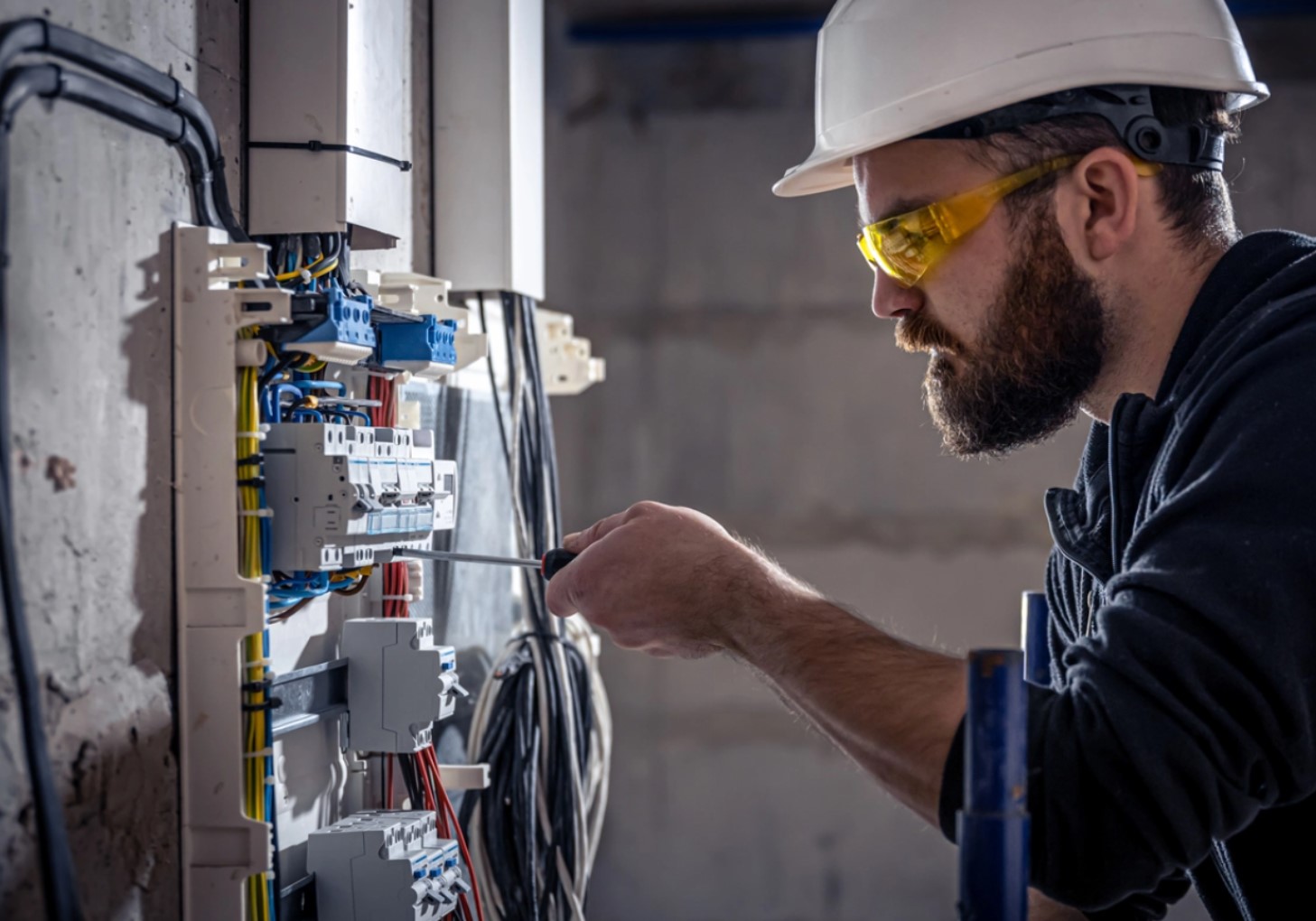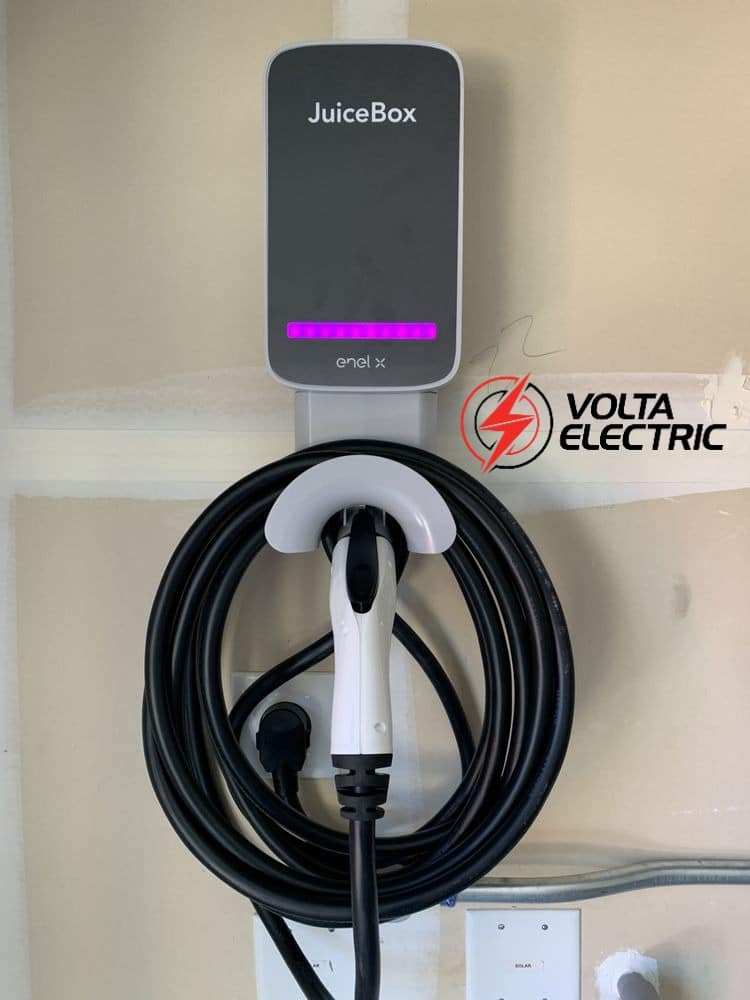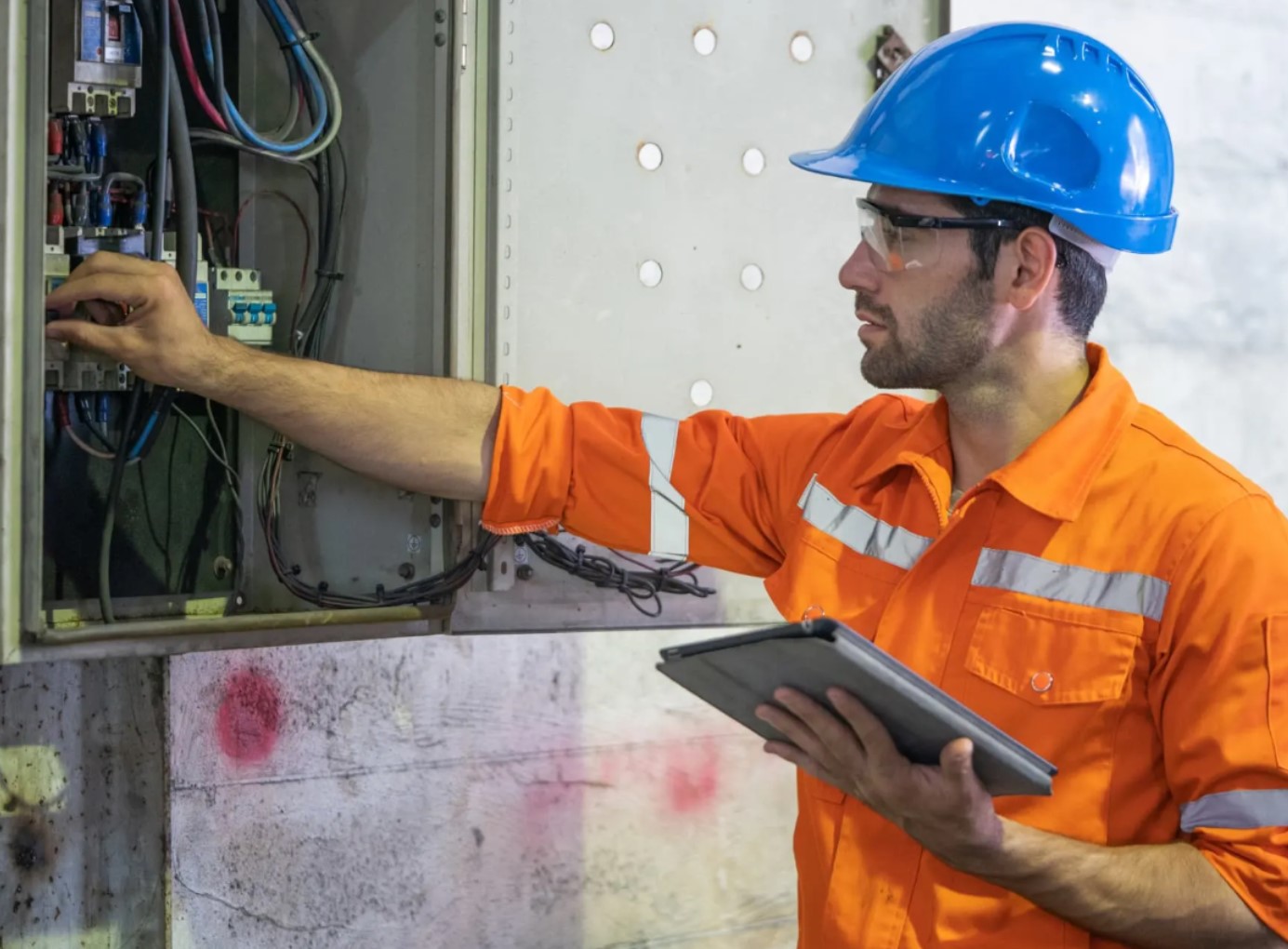In an era where everyone and their grandmother seem to market themselves as experts in every field, distinguishing the genuine professionals from the sea of pretenders can feel like a Herculean task. This is particularly true in the electrical services industry, where unqualified individuals may pose not only a risk to the quality of work but also to safety.
The importance of verifying an electrician’s license and insurance cannot be overstated; it is as essential as ensuring that one’s home has a solid foundation. The subsequent sections will delve into the intricacies involved in this verification process, offering readers clear, concise steps for confirming an electrician near me service.
Understanding these processes is not just about ticking off boxes on a checklist; it’s about safeguarding homes and loved ones by entrusting electrical systems to capable hands. It ensures accountability, gives recourse in case of any mishaps and fosters peace of mind knowing that all electrical works have been carried out upholding the highest standards.
Whether one resides in a humble abode or a palatial mansion, everyone deserves access to reliable electrical services provided by licensed and insured professionals.
Main Points
– Verifying an electrician’s license and insurance is essential for safety and quality work.
– The verification process involves contacting the relevant licensing board and insurance provider.
– Different types of licenses exist, such as journeyman and master electricians, and consumers should understand these distinctions to hire professionals suited for their needs.
– Requesting proof of insurance and validating its authenticity ensures engagement with a fully insured professional and demonstrates their commitment to mitigating risks.
Verifying an Electrician’s License
Ironically, despite the pervasive digital era, verifying an electrician’s license often involves a relatively antiquated process of contacting the relevant state or local licensing board and providing the professional’s name or license number for confirmation. This step is vital in ensuring that the chosen electrician has met all educational requirements, passed necessary examinations, and adhered to both industry standards and regulations set forth by regulatory bodies. The importance of this verification process lies within its ability to provide assurance that any potential electrical work will be carried out safely and effectively.
The second stage in verifying an electrician’s license revolves around understanding different types of licenses. For instance, some states issue journeyman licenses to professionals who have completed a certain amount of supervised experience but may not necessarily hold extensive industry knowledge compared to master electricians who have obtained advanced training and experience. Furthermore, residential wiremen are limited to working on residential properties while inside wiremen focus on commercial settings. It is prudent for consumers to grasp these distinctions when seeking services from licensed electricians as it ensures they hire professionals suited for their specific needs.
Verification processes may vary across jurisdictions due to differing regulations; however, the fundamental aim remains constant: protection against substandard practices that could result in significant hazards or damages. This underscores why it is crucial not only to verify if an electrician holds a valid license but also ascertain whether they possess the appropriate type of licensure relative to one’s needs. Ensuring such compliance promotes an environment where safety reigns supreme while fostering a sense of belonging among consumers who trust in regulated industries’ commitment towards maintaining high standards of practice.
Confirming an Electrician’s Insurance
The necessity of confirming an electrician’s insurance cannot be understated, given its significant role in safeguarding both parties against unforeseen accidents or damages during the execution of electrical work.
Obtaining proof of insurance from the electrician forms a crucial step in this process, as it provides tangible evidence of coverage and allows for the identification of any potential gaps in protection.
Further assurance can be procured through direct verification with the insurance provider, ensuring not only that the policy is active but also that it covers all necessary liabilities associated with electrical work.
Understanding the Role of Insurance
Ensuring that an electrician has adequate insurance coverage plays a critical role in protecting both the homeowner and the professional from potential risks and damages that might occur during electrical work.
Insurance, in this context, functions as a safety net to shield homeowners from financial losses resulting from accidents or mishaps during the execution of electrical services.
An insured electrician can compensate for any damage to property or injury sustained due to their actions without imposing any financial burden on the homeowner.
Moreover, insurance safeguards the interests of electricians by providing coverage for medical expenses or legal costs incurred due to unforeseen incidents while performing their duties.
Within the realm of electrical work, two primary types of insurance are typically held by professionals: liability insurance and workers’ compensation.
Liability insurance covers damages inflicted on a client’s property or if an occurrence linked with the service delivered causes harm to third parties, thus ensuring that all stakeholders involved do not bear out-of-pocket expenses.
On another note, workers’ compensation is beneficial for electricians themselves; it provides benefits such as wage replacement and medical benefits if they sustain injuries while executing tasks at a worksite.
Therefore, understanding these aspects allows clients to feel more secure about engaging with professionals in this field, reinforcing their sense of belonging within a community built around trust and security.
Requesting Proof of Insurance
According to a survey by the Independent Insurance Agents & Brokers of America, 97% of homeowners deem it essential to request proof of insurance before hiring professionals for home improvement projects. This practice, when applied to hiring an electrician, can offer significant protection against potential damages or injuries which may occur during the course of work.
It is also a clear indication that the professional in question operates within the parameters set forth by regulatory bodies and industry standards. Requesting proof of insurance provides tangible evidence that the electrician has taken measures to mitigate risks associated with their work, thus ensuring safety and peace of mind for all parties involved.
In order to be certain about an electrician’s legitimacy, it is advisable not only to ask for a copy of their insurance certificate but also verify its authenticity with the insurer. The document should specify coverages such as workers’ compensation and liability insurance. These policies ensure adequate compensation is available in case an accident occurs resulting in property damage or personal injury while performing electrical tasks on your premises.
By demanding this information upfront, individuals are able to feel more secure and connected within their community knowing they are working with reliable and responsible professionals who value safety and adhere strictly to ethical business practices.
Checking Insurance Validity with the Provider
Verification of an insurance certificate’s legitimacy via direct communication with the provider serves as a prudent step in confirming the validity and extent of coverage offered by a potential service professional. This process ensures that the insurance policy is active, covers relevant risks associated with electrical work, and has sufficient limits to cover any potential damages or liabilities.
To validate this information, contact details of the insurer can typically be found on the proof of insurance provided by the electrician. While it may seem like an extra effort, taking this step provides certainty that you are engaging with a fully insured professional.
The specifics of an electrician’s insurance policy may vary depending on their scope of services; however, common elements should include liability coverage and workers’ compensation. Liability coverage protects against damages to your property caused by electrical work mishaps while workers’ compensation covers injuries that might occur to electricians during service provision at your premises.
Confirming these details directly with the insurer helps ensure comprehensive protection in case unexpected events transpire during electrical operations. As members of a society where safety ranks high in priority, such verification aligns well with our shared desire for responsible practices within communities we belong to—further fostering trust and assurance when hiring professional electrician near me for specialized services like electrical repair or installation projects.
Top qualities to look for in an electrician near me
Can an electrician near me offer tips on how to reduce my energy bills?




